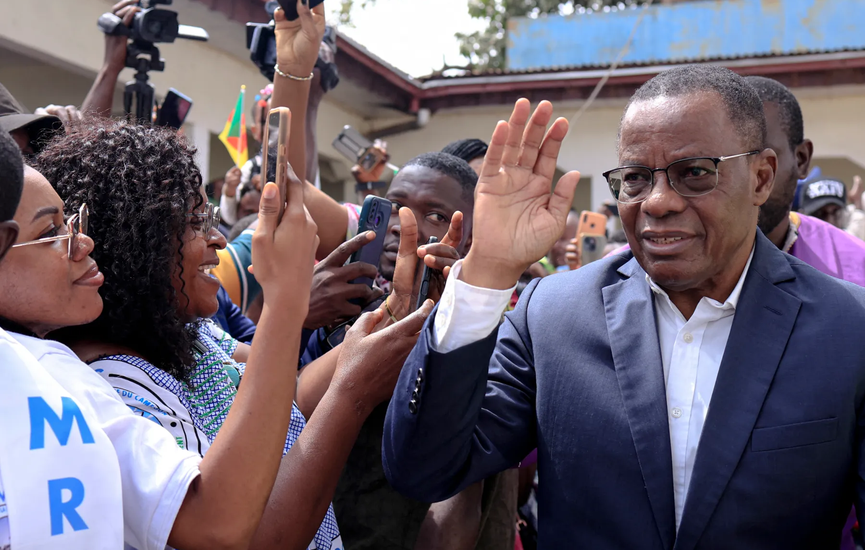Yaoundé, July 29, 2025 — Maurice Kamto, the prominent opposition leader and runner-up in Cameroon’s 2018 presidential election, has officially challenged his exclusion from the upcoming October 12 vote by filing an appeal with the Constitutional Council. On July 26, the electoral commission ELECAM released a shortlist of 13 approved presidential candidates, omitting Kamto without providing detailed explanations. Citing procedural discrepancies such as missing endorsements and internal party anomalies, ELECAM is believed to have based its decision on Article 121 of the 2012 Electoral Code. This article limits candidacies to those sponsored by political parties with elected representatives. Kamto, having recently switched from his established Cameroon Renaissance Movement (MRC) to the smaller MANIDEM party—which holds no seats—was disqualified under this provision. However, Kamto’s legal team argues that this clause does not apply to presidential elections.
Acting within the 72-hour deadline, Kamto filed his appeal on Monday, joining a total of 35 challenges submitted to the Constitutional Council, including petitions against both his exclusion and President Paul Biya’s candidacy. The Council has until August 11 to rule, following its 10-day statutory review period. Historically, however, it has never overturned a decision made by ELECAM.
Kamto has long criticized ELECAM’s conduct, particularly since early 2025, accusing the commission of withholding the national electoral register and unlawfully removing over 120,000 voters—actions that he claims breach Article 80 of the Electoral Code. He has also alleged that the ruling CPDM party, ELECAM, and security services colluded to register foreign nationals with forged IDs to influence the election, which he frames as deliberate electoral fraud. In May 2025, Kamto called for the public release or cancellation of a secretive agreement between ELECAM and the United Nations, questioning the UN’s transparency and potential complicity.
Kamto's supporters have called ELECAM’s decision “perfide” (“perfidious”), urging citizens to remain calm but ready for mobilization. In response, Interior Minister Paul Atanga Nji issued a stark warning, telling dissenters to “cry quietly… in your homes.” Despite the threat, protests broke out immediately in Douala, where youths, street vendors, and motorbike riders blocked key intersections chanting, “No Kamto, no election!” Police deployed tear gas, but demonstrators quickly regrouped, fueled by social media outrage. The UN Department of Safety and Security had previously warned that excluding major opposition figures could trigger unrest in Yaoundé.
Kamto’s disqualification could significantly impact the election, potentially fracturing the anti-Biya vote among smaller opposition candidates like Cabral Libii, Akere Muna, and Joshua Osih. Public skepticism toward ELECAM and the Constitutional Council remains high, with many citizens believing the electoral process is biased in favor of the ruling party. With youth unemployment surpassing 30% and the longstanding Anglophone crisis still unresolved, Kamto’s exclusion threatens to further destabilize the country.
Key political milestones lie ahead: the Constitutional Council’s final rulings are expected between August 5 and 11, determining the official list of presidential candidates. As the country heads into the tense election season from September to October, further demonstrations are likely if Kamto remains barred. On October 12, polling day, President Biya is expected to dominate the vote unless legal decisions reverse Kamto’s exclusion and restore meaningful competition.
A former law professor, barrister, and Deputy Justice Minister (2004–2011), Kamto founded the Cameroon Renaissance Movement (MRC) in 2012 and gained nearly 14% of the vote in 2018. He has since become a key opposition figure with growing support among the youth and diaspora. The outcome of this legal and political battle may define the trajectory of Cameroon’s democracy for years to come, as international observers closely watch the Constitutional Council’s crucial verdict.
